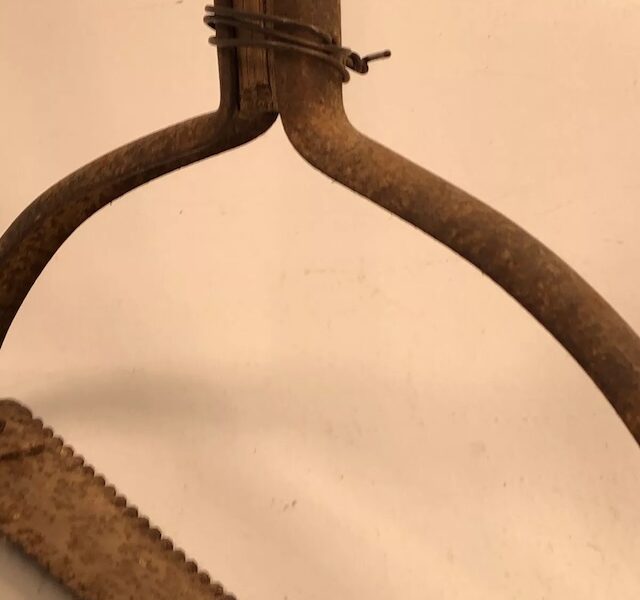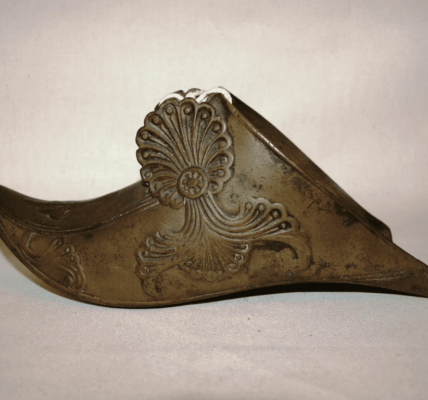Do You Recall This Must-Have Item? If You Do, You’re Probably a Product of a Simpler Time—Find Out the Fascinating Legacy That Lives On!-s1
In an era where technology has drastically changed the way we live, it’s easy to forget the simple tools that played essential roles in our daily lives. One such tool that might not be as well-known today, but was once indispensable to many, is the vintage sling blade. Whether you grew up on a farm, in a rural area, or in a place where hard work with the land was the foundation of daily life, the vintage sling blade was likely a familiar sight.
The Evolution of a Farming Tool
The vintage sling blade—often simply referred to as a “sling blade”—has been around for centuries, a product of necessity and ingenuity. It was primarily used for clearing land, cutting tall grasses, and trimming tough weeds in places where larger, more modern equipment could not easily reach. In fact, it was often the go-to tool for farmers before the era of gasoline-powered lawnmowers and brush cutters.
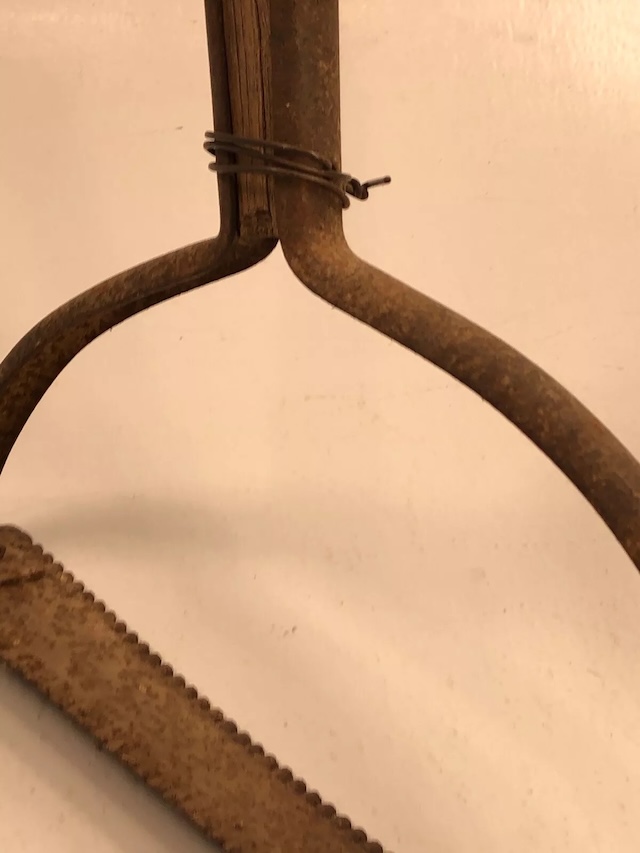
Made of sturdy steel, the vintage sling blade has a long, curved blade attached to a long wooden handle. The blade’s shape and the way it’s used makes it an efficient tool for slicing through tough vegetation with a swinging motion. It’s a tool that requires strength and technique, but when used properly, it can quickly clear a patch of land, trim grass, or even hack away at stubborn brush that otherwise wouldn’t be manageable by hand.
A Tool Born Out of Necessity
Before the industrial revolution, when machines like tractors were scarce and a luxury few could afford, manual labor was the backbone of farming and land care. The vintage sling blade made its mark in these rural communities, where people relied on hand tools to manage large plots of land.
In these early days, everything was done by hand. When crops were harvested or the land needed to be cleared, tools like the vintage sling blade became essential for getting the job done. It allowed farmers and landowners to tackle overgrown fields, prepare land for crops, or clear paths through dense vegetation with ease.
Farmers knew that keeping the land clear of unwanted weeds and brush was vital for a good harvest. For this purpose, the vintage sling blade became a trusted ally. Over time, its simplicity and effectiveness made it a must-have item in every rural home and farmstead.
The Mechanics of the Vintage Sling Blade
The beauty of the vintage sling blade lies in its simple design. The long wooden handle offers leverage, while the curved metal blade is perfect for slicing through even the toughest plants. The user swings the blade in a steady motion, using their body to add force, which makes it far more efficient than simple hand-held knives or sickles. While it may look like a primitive tool, it was designed for maximum efficiency and could be used for hours at a time, making large tasks manageable.
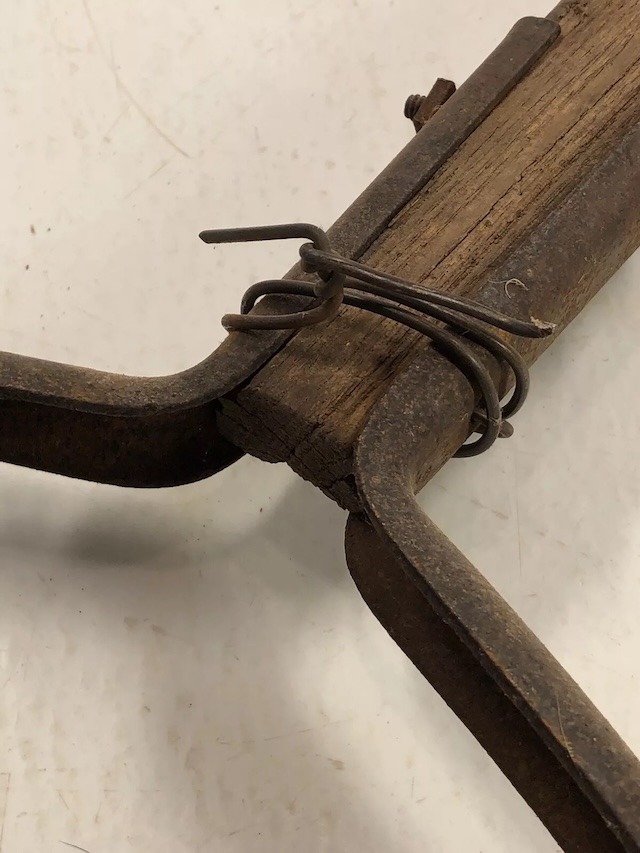
Though the vintage sling blade was primarily used for cutting, it was also versatile. Some versions were used to edge around fields or to even break up compact soil before planting. The blade’s design, with a serrated edge, allowed users to cut through roots and other stubborn debris, making it an invaluable tool for clearing paths and preparing new land for cultivation.
Nostalgic Memories of the Vintage Sling Blade
For many people who grew up with it, the vintage sling blade carries fond memories of time spent outdoors, working alongside family members and friends. Whether it was a father teaching his child how to swing the blade properly, or a community coming together to clear fields after a long winter, the tool was more than just a piece of metal and wood. It was a part of a lifestyle—a symbol of hard work, self-sufficiency, and the connection between humans and the land they worked.
The sound of the blade cutting through the grass, the rhythm of the swinging motion, and the satisfaction of a job well done—all of these are memories that many have of the vintage sling blade. It’s no wonder that, for those who grew up with it, this simple tool brings a wave of nostalgia.
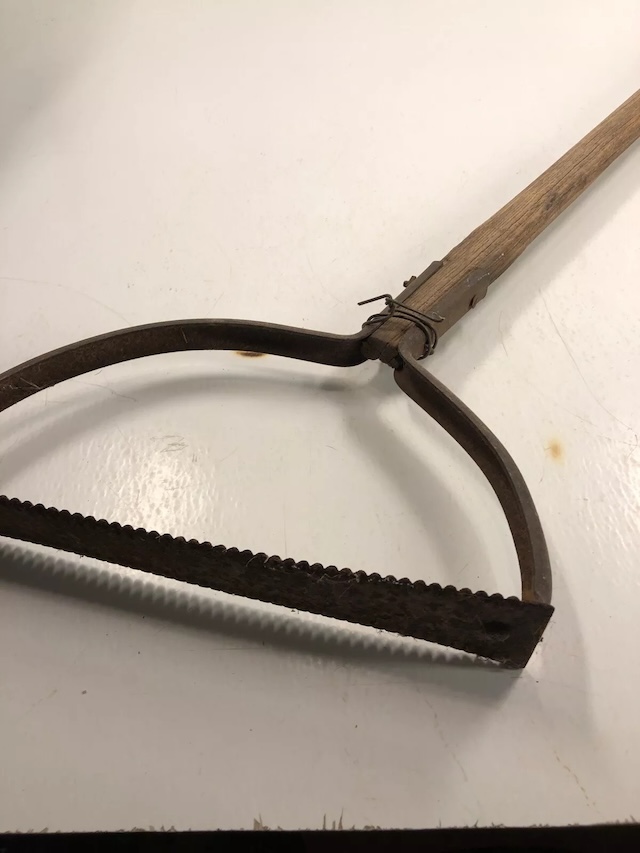
The Decline of the Vintage Sling Blade
As technology advanced, the vintage sling blade began to fade into the background. Modern lawnmowers, weed whackers, and power tools replaced the old, reliable hand tools of the past. Tractors and other heavy machinery now took over tasks that once required manual labor. While the vintage sling blade remained a useful tool for some time, it eventually became something of a relic—something only to be found in old barns or antique shops.
However, its design is still admired today, and there’s been a resurgence of interest in vintage tools like the vintage sling blade. Many enthusiasts of classic tools and vintage farming equipment have begun to appreciate its craftsmanship, simplicity, and functionality. It may no longer be a household essential for most, but its history and importance in farming culture are undeniable.
Fun Facts About the Vintage Sling Blade
- Cultural Significance: The vintage sling blade is deeply ingrained in American rural culture, often seen in historical farming museums or as a symbol of a simpler, more labor-intensive time.
- Its Role in Popular Culture: The vintage sling blade gained some pop culture fame thanks to the 1996 movie Sling Blade, where the tool plays a symbolic role. While this film focuses on a much darker and more dramatic narrative, the presence of the blade brings back memories for those familiar with its history.
- Maintenance: One of the appeals of the vintage sling blade was its durability. With the right care, these tools could last for generations. Sharpening the blade properly could make the tool as effective as the day it was first purchased.
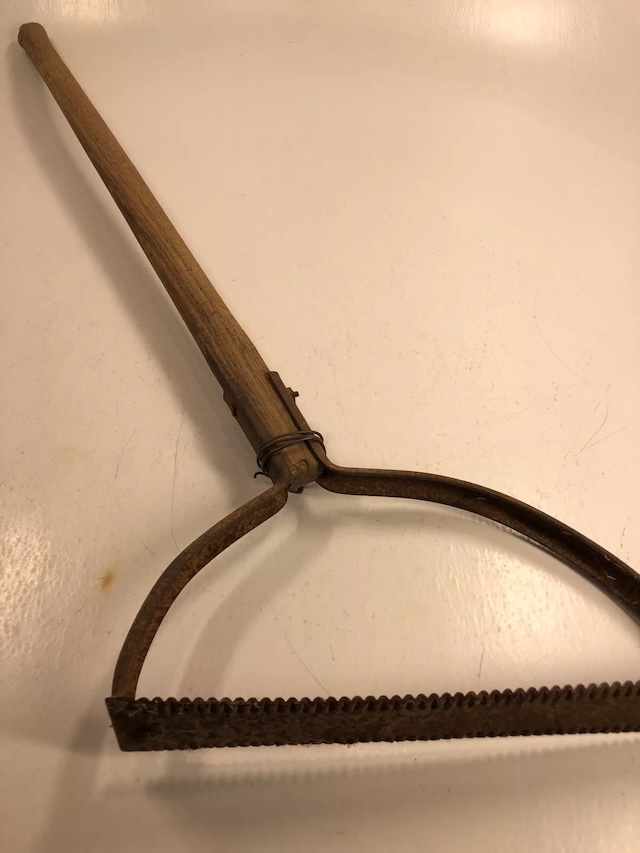
The Legacy of the Vintage Sling Blade
The vintage sling blade may no longer be a must-have item in today’s world, but its legacy lives on in the hearts of those who used it and in the stories passed down through generations. In a world where power tools dominate, it’s a reminder of the simpler times when hard work, ingenuity, and persistence were the foundations of everyday life.
While the vintage sling blade may not be as ubiquitous as it once was, it remains a symbol of self-reliance, a tool that helped clear the way for progress and cultivated generations of farmers who knew the value of a well-made, reliable tool. For those who still use it, and for those who appreciate history, the vintage sling blade will always have a place in our collective memory.
